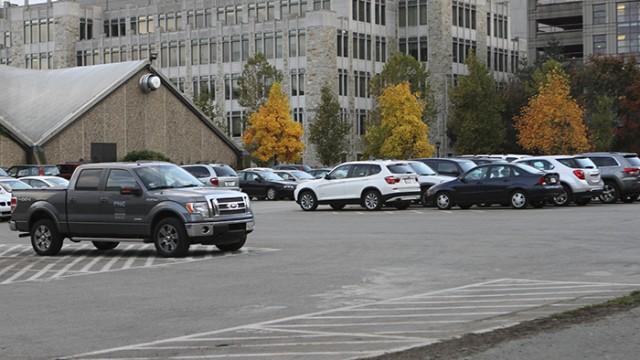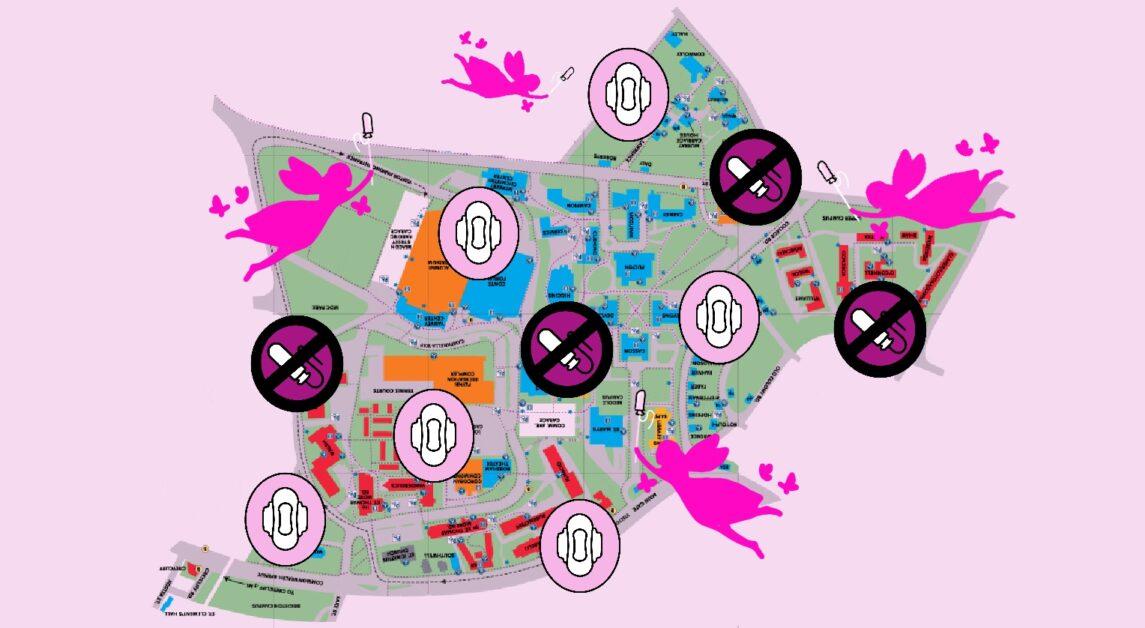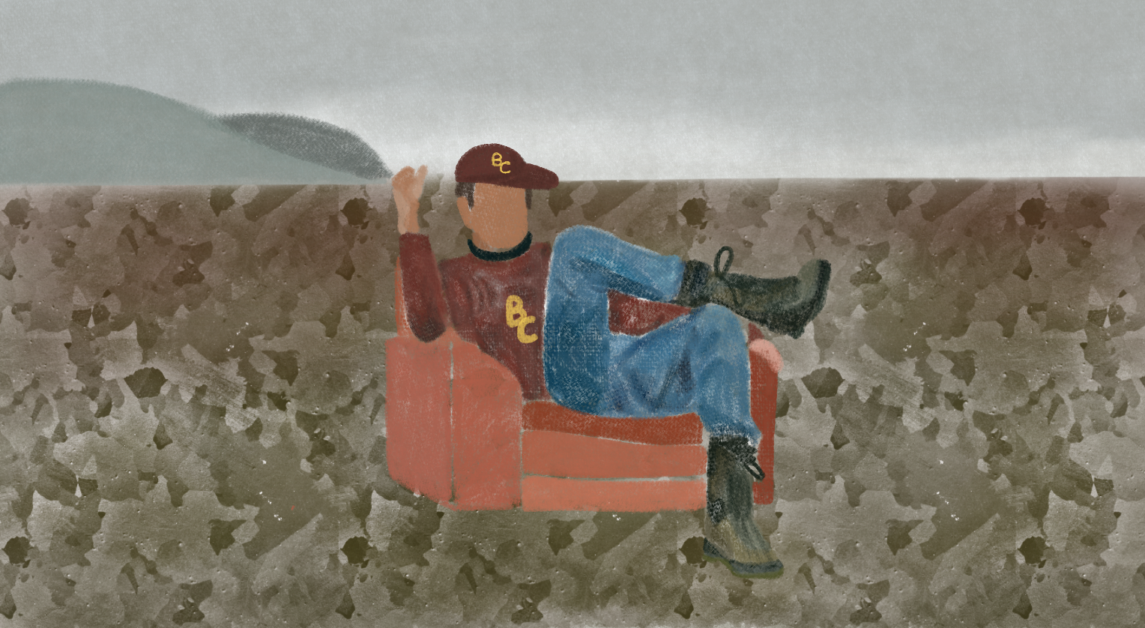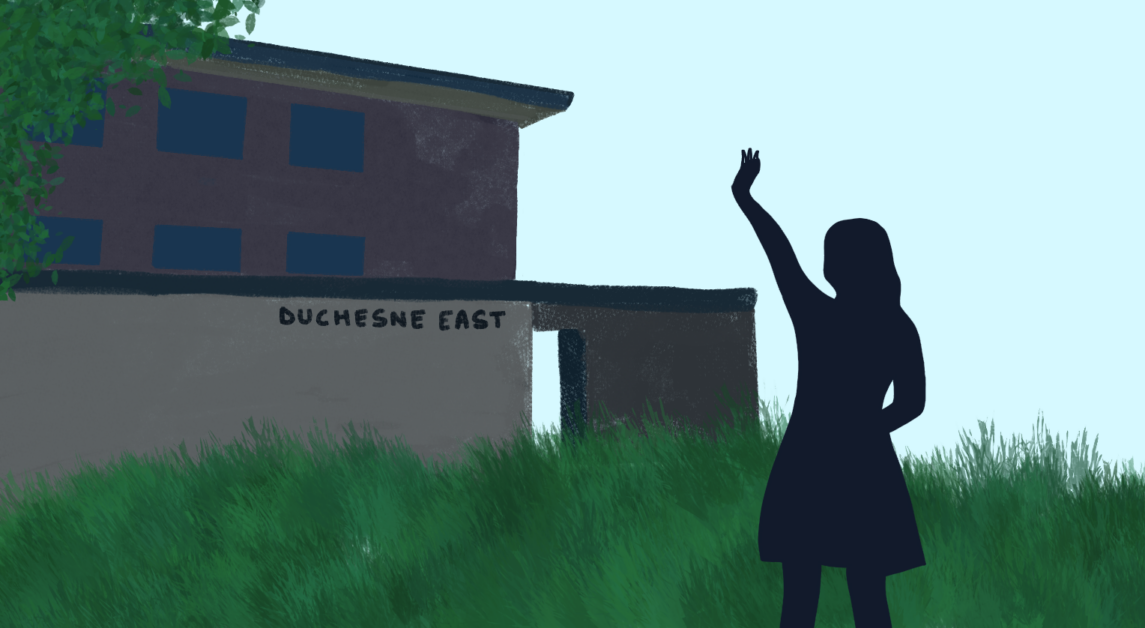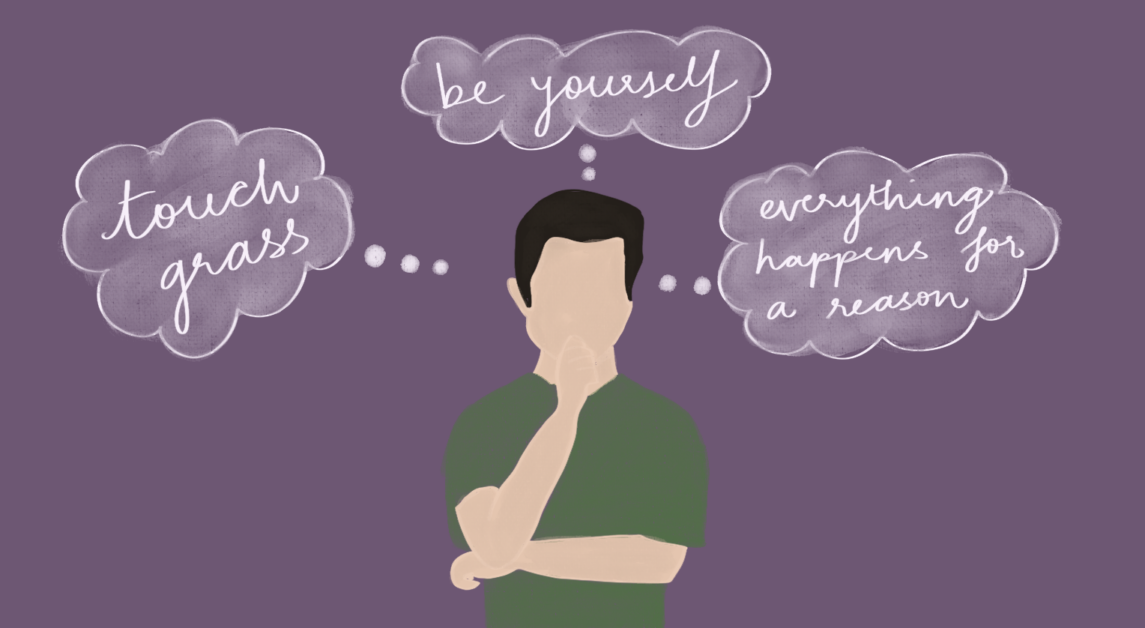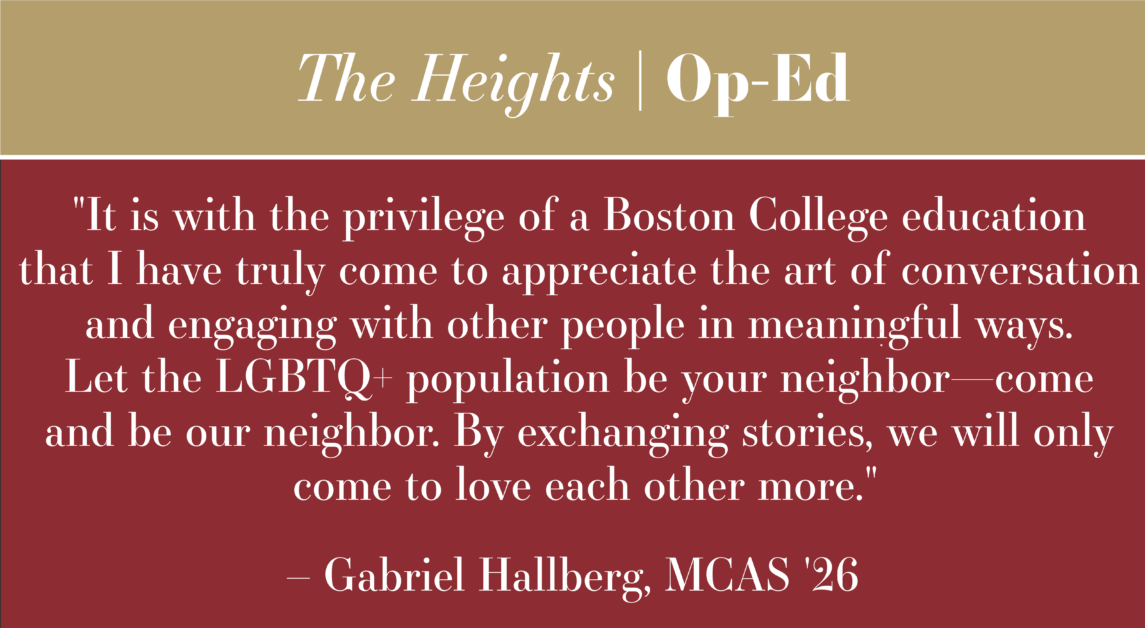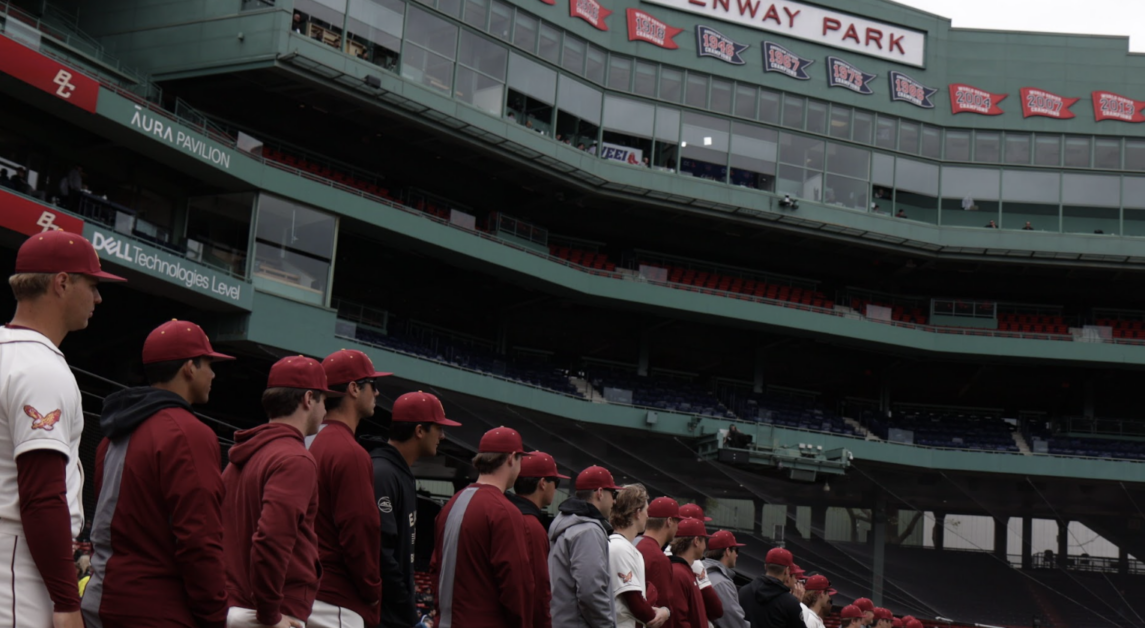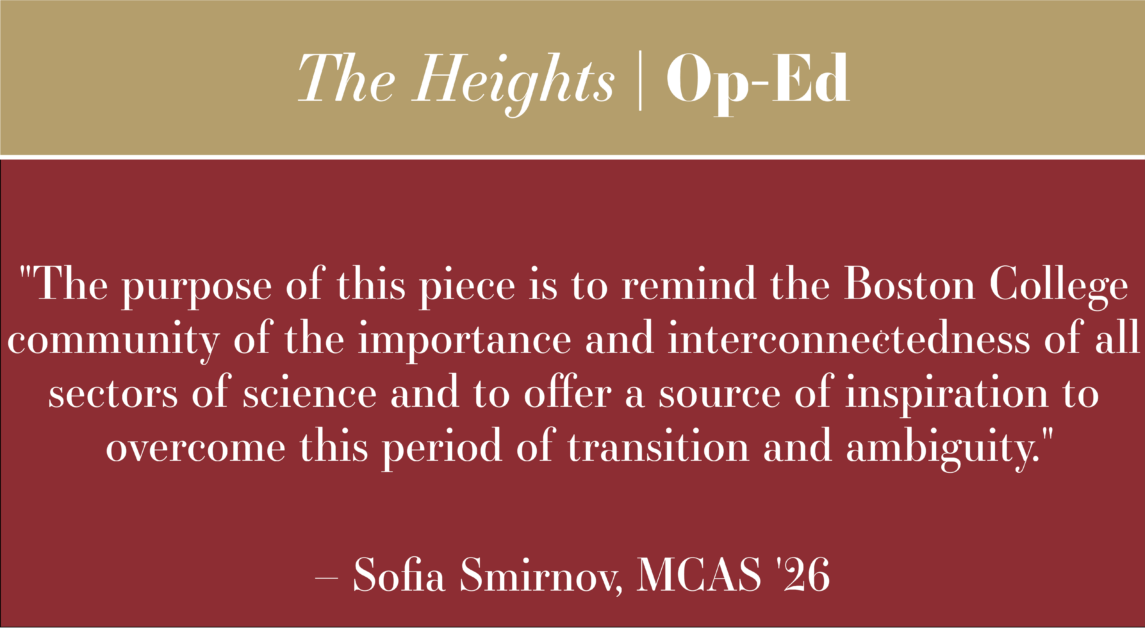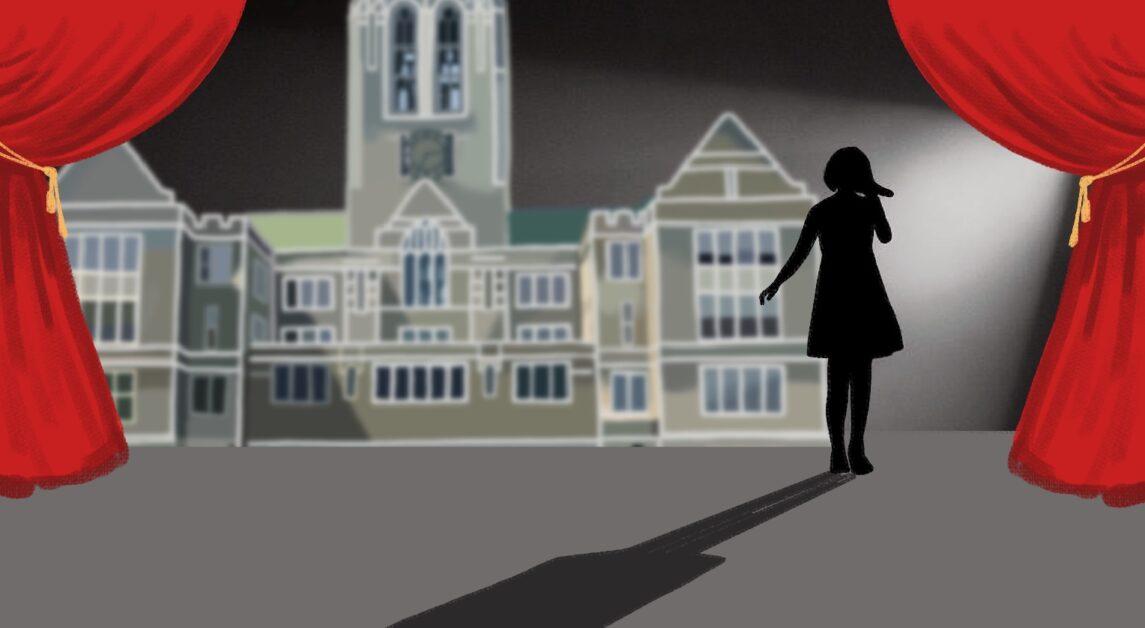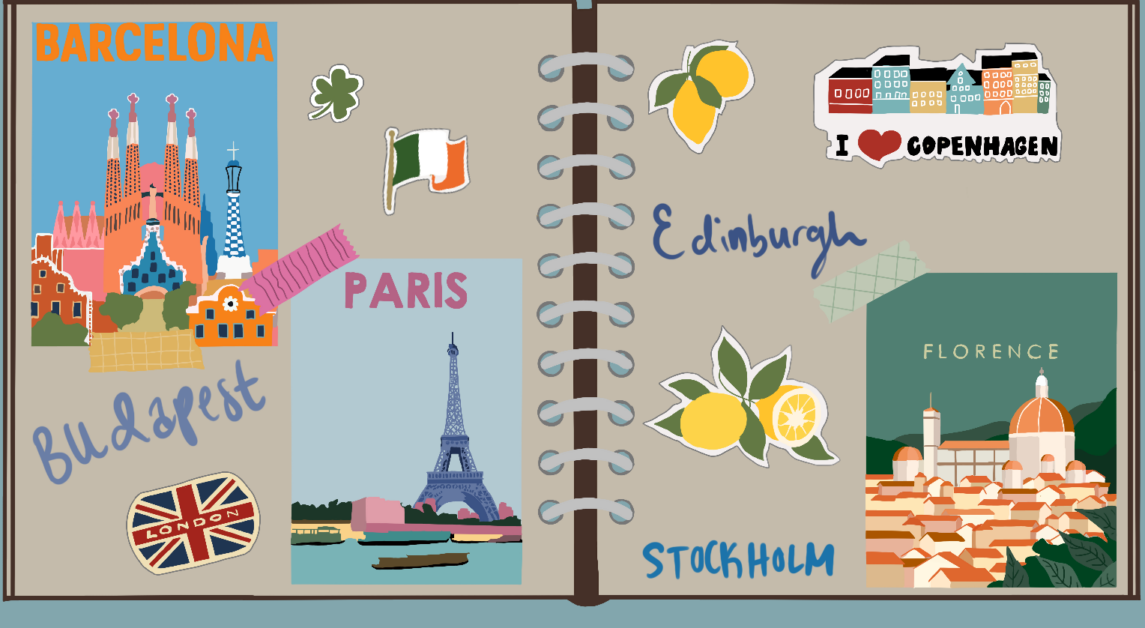Consider, for a brief moment, the lost and complex art of driving stick.
There are three pedals instead of two, two feet instead of one, multiple ways to stop going forward or backward—it’s as if you’re upgrading from checkers to chess, or racquetball to squash. There’s constant attention to be paid to RPMs, which gear you’re in, how quickly or slowly you should come off the clutch, the crackles and bursts of sounds coming from the engine, and the feeling when the gears are cranking together in such a way that it demands a response from you, the driver. Harmony. Balance. Variation. It’s beautiful, really. Doesn’t mean I have any clue how to do it, though.
A car stalling isn’t much of a fear among drivers today, but when driving stick, you’re always in jeopardy of having your car fail on you—or, at minimum, bouncing you violently back and forth in your seat—if you’re not careful. A jeep tour in Aruba taught me this. My father stalled on the top of a craggy hill. We started rolling backwards. There was a line of three other jeeps behind us.
When I asked a good friend back home to explain driving stick to me, he said plainly, “There’s no other way to drive, I believe. It’s complicated. Learning is easy, but mastering is difficult.” He said this as we cruised down the highway in the middle of August, when as with most other students, the electrifying idea of returning to Boston College was foremost on my mind. Summer had overstayed its welcome.
Summers are spent enriching oneself, but enrichment doesn’t have to follow the textbook definition. It can be working a job you hate or a job you love. You can go to a new country, or just reconnect with family and old friends. Whatever experience you have, it is unique. It is your own. Comfort. Ease. Stability. There’s something, even if it is just a little something, that clicks at home.
You come back to Chestnut Hill to have the soapbox kicked out from underneath your feet because, here, excellence is the standard and not the exception (I’m not sure how much thought Antonio Frietze put behind this line, but there are few things in my mind that ring more true), and there’s always someone who worked a job he or she hated more, worked a job he or she loved more, or went to more countries. A lot of people withdraw and stick to arbitrary statements: “My summer was good” and “I’m glad to be back.” There’s no elaboration for fear of not matching up, or fear of putting out too much, or simply because your summer was your own and that is where you wish it to stay—with you.
People come into another year of college (or, for some, the first) with expectations—a professor turning out to be as spectacular as his or her PEPs were, or perhaps a class changing his or her very perception of the world. Some of the expectations are met and some aren’t, and, with this, the bittersweet boundary between the end of summer and the beginning of the school year is created.
This boundary can be attributed mostly to the fact that life at BC moves with wild, uncontrollable speed. Classes are dropped and added, mostly due to the workload, the reading in the opening weeks is intense, so that the people who don’t care enough are weeded out, and coffee dates and lunch dates and dinner dates and date dates are planned with new faces and remembered faces alike, and a new schedule has to be learned, and for those who live outside of the immediate Boston area, the ability to catch the T and ride straight into Coolidge Corner or Copley Square or Newbury St. is recaptured, there are crazy parties in upperclassman dorms and numerous ambulances showing up at freshman dorms, there is complaining to be done about the meal plan and the buses and the superfluous time constraints with activities and homework and jobs. I feel uneasy just typing this, thinking about everything that needs to be done now and what should have been done a week ago. With so much stimulation, there’s a draw to be at home—to be back wherever you were. The safety of it.
“What’s the biggest difference between driving stick and automatic?” I asked my friend as we cruised down that mostly empty highway.
“You can make the car go faster than it should theoretically go,” he said. “The red line is where the car reaches RPMs that are dangerously high, and when I get there, the car will accelerate. If I switch it to second gear once it hits the red line, I can go even faster, and so on.”
“That’s bad for the car?”
He nodded. “Most mechanics say it’s awful for the car,” he said, shrugging. “But you go faster.”
The very decision to go to BC means that we, all of us, picked a stick shift car off the lot instead of an automatic one. Most picked it without understanding stick too well, or at all. That includes me. But now we’re in the drivers seat, and we have to learn.
This bittersweet boundary period will be longer and more difficult for some than it will be for others, but everyone will spend his or her fair share of time in it, even if he or she doesn’t want to. The boundary will fade after we adjust to life here again, and we’ll forget the fact that we are always pushing on that red line, challenging how much we can handle, how much we can learn. There will be less sleep and more anxiety.
But we’ll go faster.
Featured Image by Matt Liber / Heights Staff

